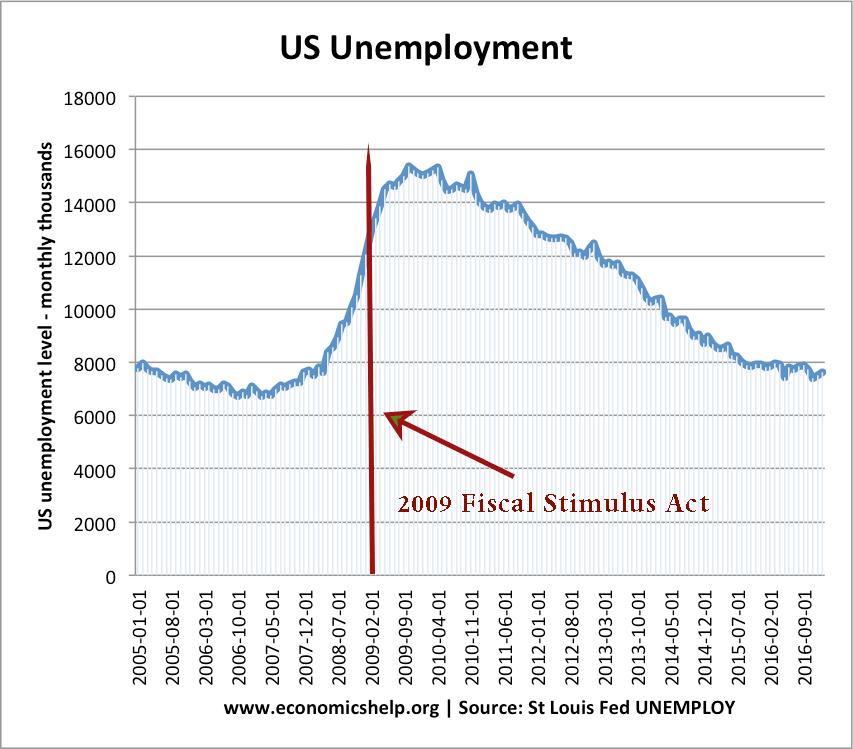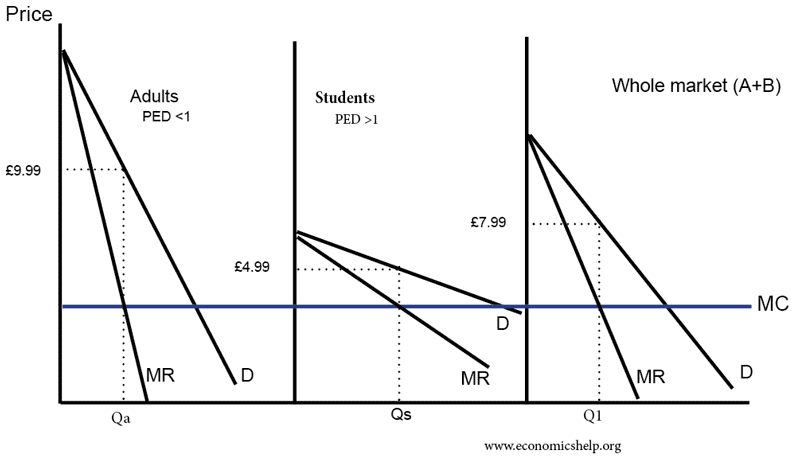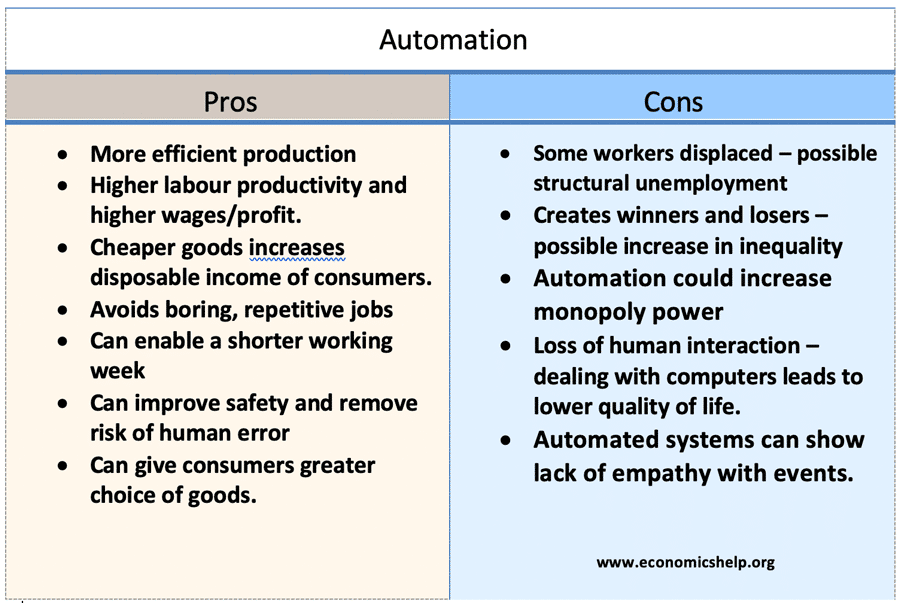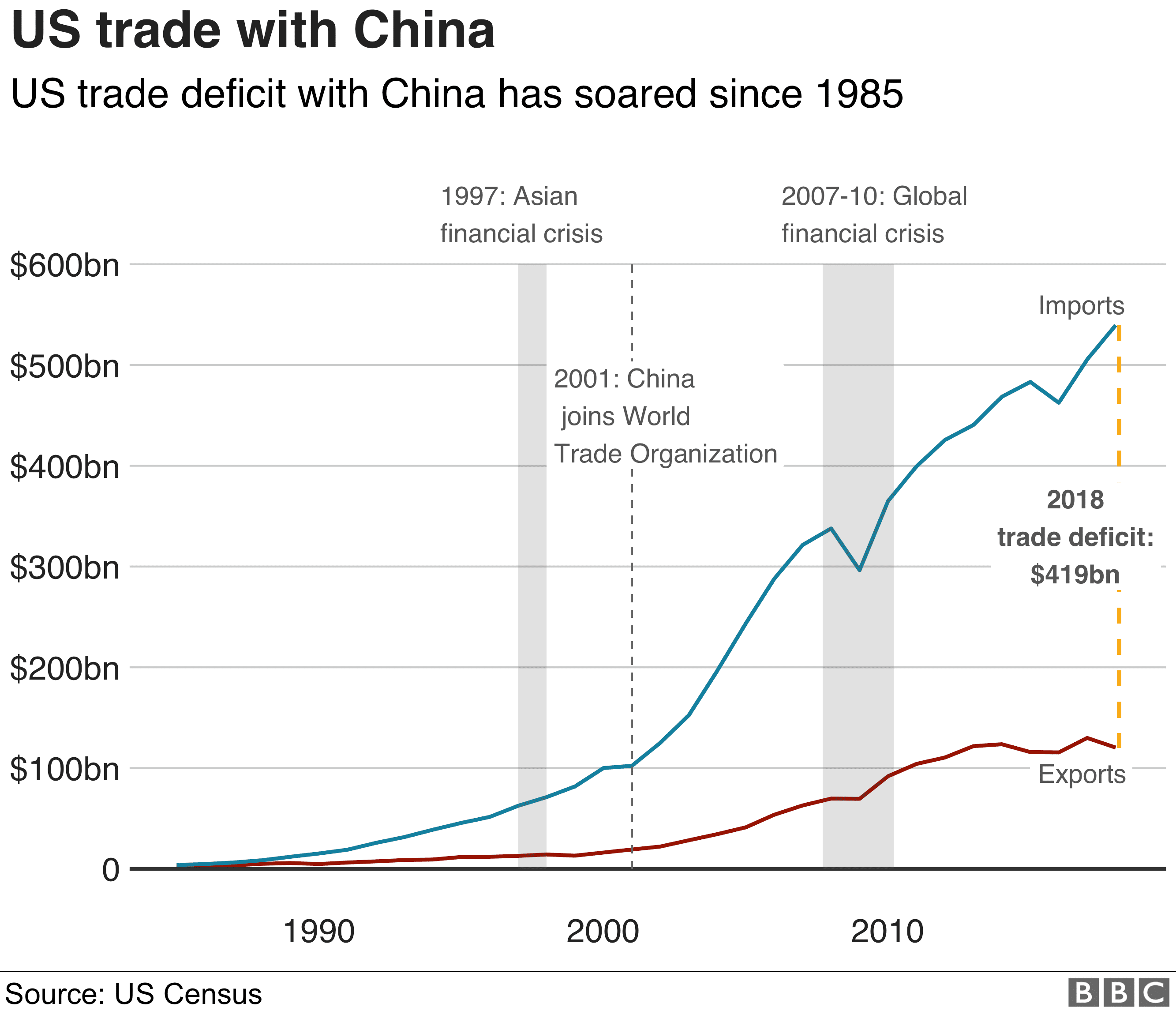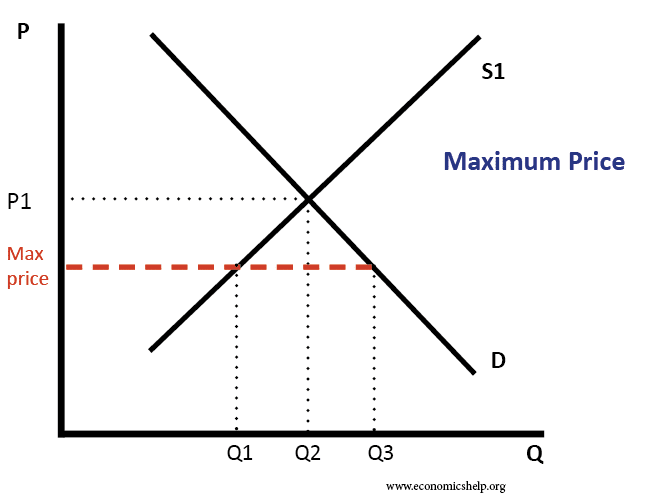Policies for Dealing with Economic Shocks
An economic shock is a negative event affecting the economy it can involve Demand-side shock Supply-side shock Global shock Loss of confidence in the currency and banking system. Policies to deal with economic shocks include Monetary policy – to reduce inflation or boost economic growth Fiscal policy – higher government borrowing to finance higher government …

